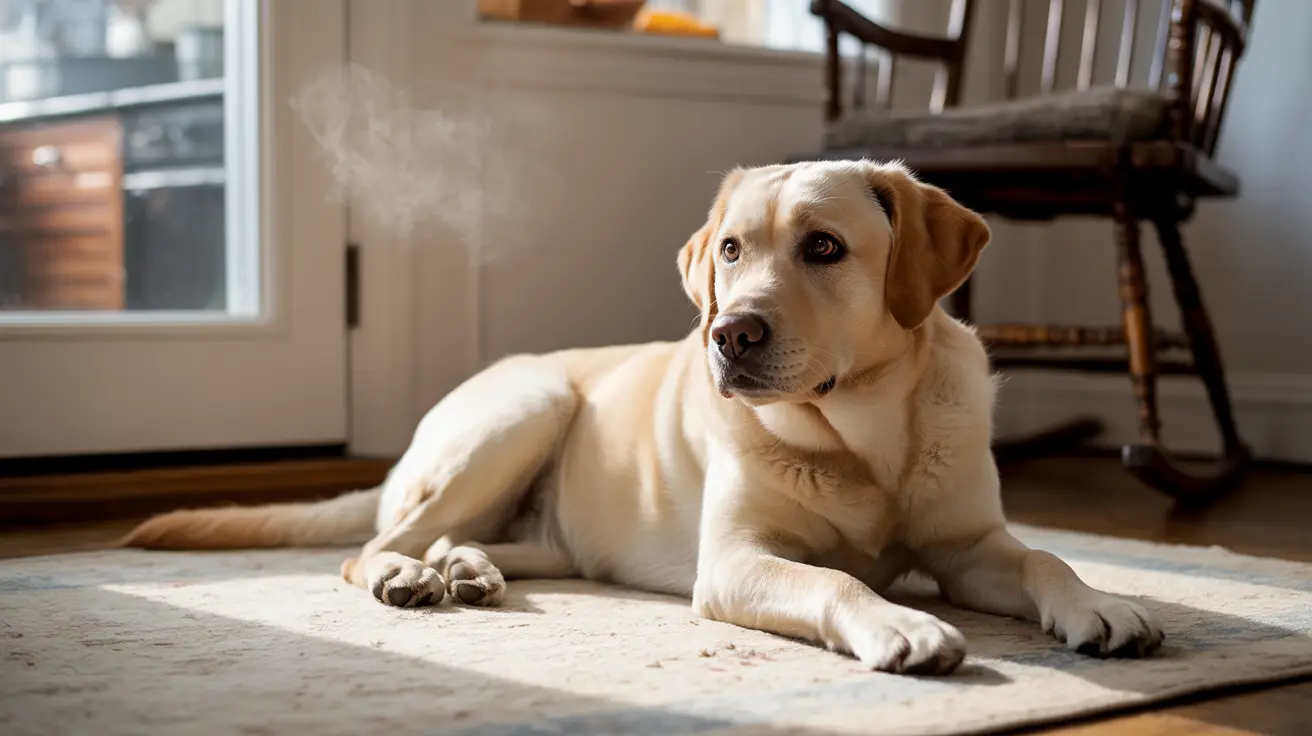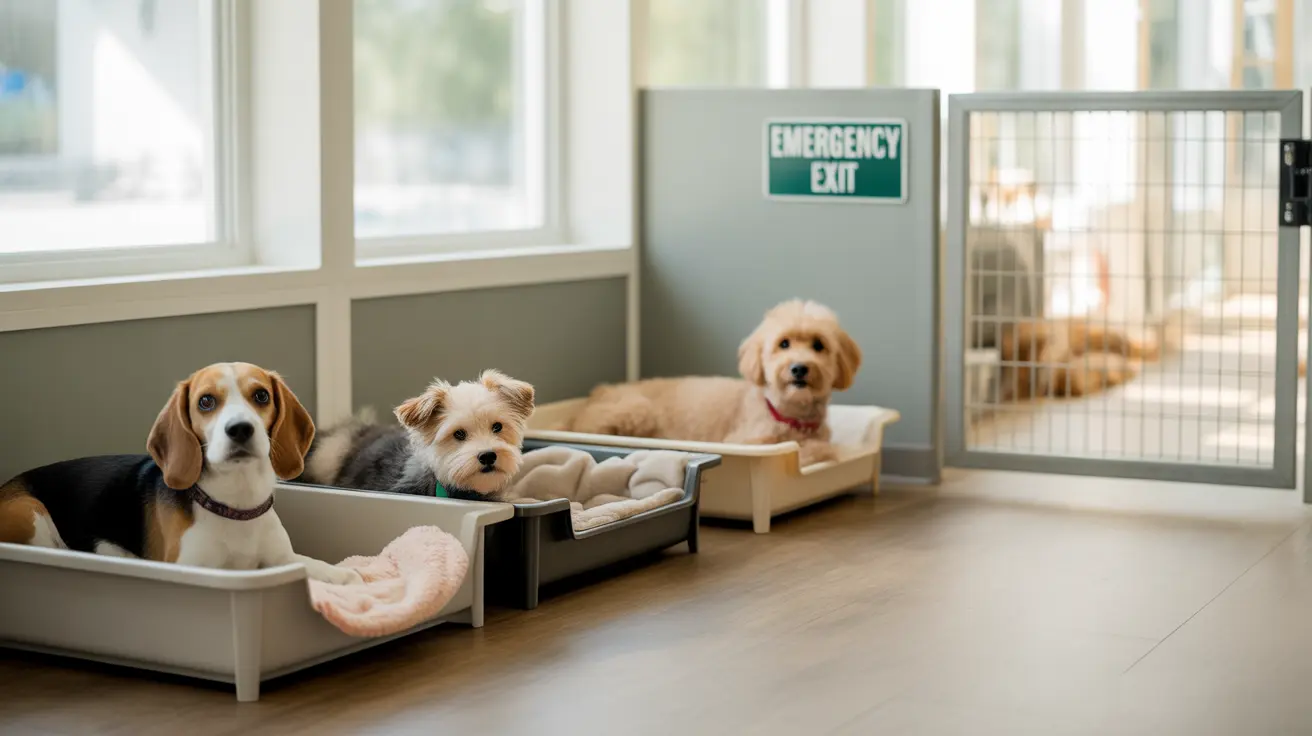When your beloved pet suddenly stops eating and drinking while becoming lethargic, it's natural to feel concerned. This behavior change can signal various issues, from minor ailments to serious medical conditions that require immediate attention. Understanding the causes and knowing when to seek help can make a crucial difference in your dog's health outcomes.
Understanding Why Dogs Stop Eating and Drinking
Dogs may refuse food and water for numerous reasons, ranging from simple stomach upset to more serious health conditions. The concerning part is when this behavior is accompanied by lethargy, as this combination often indicates a more significant problem that needs addressing.
Medical Causes of Appetite Loss
- Gastrointestinal issues or blockages
- Infections or fever
- Dental problems or oral pain
- Kidney or liver disease
- Pancreatitis
- Cancer or tumors
Behavioral and Environmental Factors
- Stress from changes in routine
- Depression or anxiety
- Recent vaccination
- Changes in food or feeding schedule
- Environmental changes like moving homes
Warning Signs to Watch For
While a temporary decrease in appetite might not be serious, certain signs indicate an emergency:
- Complete refusal of both food and water for 24+ hours
- Extreme lethargy or collapse
- Vomiting or diarrhea
- Pale or yellow gums
- Difficulty breathing
- Visible pain or discomfort
Steps to Take When Your Dog Won't Eat or Drink
Immediate Actions
- Check for obvious signs of illness or injury
- Monitor water intake carefully
- Take your dog's temperature if possible
- Document when symptoms began
- Note any recent changes in routine or environment
Encouraging Food and Water Intake
Try these methods to stimulate appetite:
- Warm up their regular food
- Add low-sodium chicken broth to water
- Offer wet food instead of dry
- Hand-feed small amounts
- Use ice cubes for hydration
When to Seek Veterinary Care
Don't wait to contact your vet if:
- Your dog hasn't eaten for 24 hours
- They're showing signs of dehydration
- There's dramatic behavior change
- You notice additional concerning symptoms
Frequently Asked Questions
Why is my dog not eating or drinking and just laying around?
This combination of symptoms can indicate various issues, from minor stomach upset to serious illness. Common causes include viral infections, organ problems, pain, or severe anxiety. When these symptoms occur together, it's important to seek veterinary care promptly.
How long can a dog go without eating or drinking before it becomes dangerous?
While dogs can survive several days without food, going without water for more than 24 hours is dangerous. Puppies and senior dogs are especially vulnerable to dehydration. Any dog showing lethargy combined with not eating or drinking should see a vet within 24 hours.
What should I do if my dog won't eat or drink but acts normally otherwise?
Start by trying to entice them with favorite foods, warming up meals, or adding broth to water. Monitor them closely for any changes in behavior or additional symptoms. If the situation persists for more than 24 hours, consult your veterinarian.
Can stress or anxiety cause a dog to stop eating and drinking completely?
Yes, severe stress or anxiety can cause dogs to stop eating and drinking. However, these behavioral causes should be diagnosed only after medical issues have been ruled out by a veterinarian.
When should I take my dog to the vet for not eating or drinking?
Seek immediate veterinary care if your dog:
- Hasn't eaten for 24 hours or more
- Shows signs of dehydration
- Is lethargic or weak
- Has additional symptoms like vomiting or diarrhea
- Is very young, elderly, or has existing health conditions






